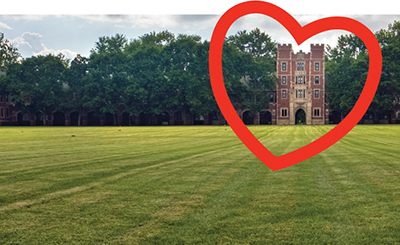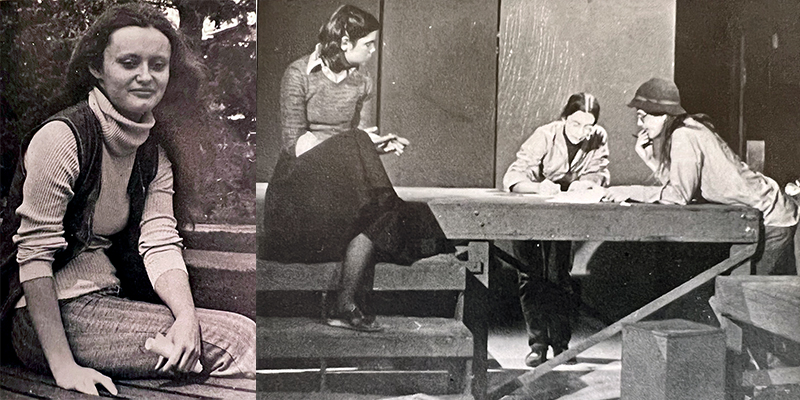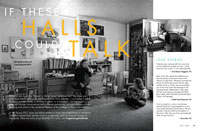It was with great sadness that I read of the passing of Robert Haveman, emeritus professor of economics. In the eight years (1962–1970) that Professor Haveman taught at Grinnell, he was an amazing teacher and scholar who challenged students to think creatively about economics, markets, and the social institutions we create to alleviate poverty. During the 1960s, he was a core member of a strong department that sent many graduates to pursue graduate degrees in economics.
As a 20-year-old student from a small town in Iowa, I was so stimulated by my first Haveman class that I was determined to pursue the study of economics. Indeed, I followed Professor Haveman’s path to Vanderbilt, and it led to a 45-year career in academia.
It was because of Robert Haveman and other great teachers at Grinnell that I was so thrilled to have my grandson, Charles Peppers, graduate from Grinnell in 2022.



 I write to assure your editors and readers that those halls glorified in (“If These Walls Could Talk,” Fall 2021) can indeed talk, or at least could talk with eloquence when I attended Grinnell.
I write to assure your editors and readers that those halls glorified in (“If These Walls Could Talk,” Fall 2021) can indeed talk, or at least could talk with eloquence when I attended Grinnell.